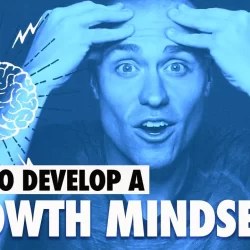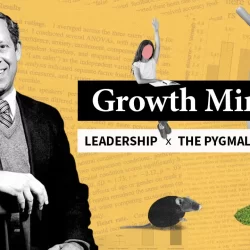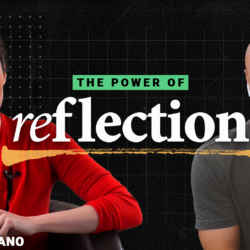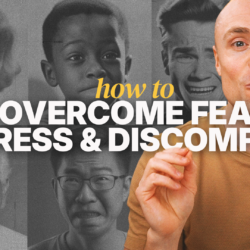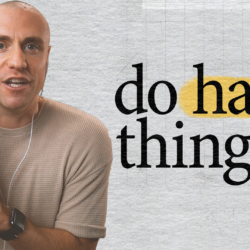by Trevor Ragan and Alex Belser | Podcasts | Leadership & Environment
Research shows that communicating with stories can lead to more retention, action, and connection – which are all essential elements of learning. Today we’re going to present the research that shows why stories are so powerful. And then Matthew Dicks (one of the world’s best storytellers) will give us some tools and techniques to become better storytellers and communicators.
Featuring
Matthew Dicks: Professional Storyteller & 5th Grade Teacher
Key Points
Stories Lead to More Retention
When we’re hearing a story we’re more engaged – often times our brain will even fire and behave as if we’re living the story. Stories also help us to better organize and remember information.
Stories Inspire Action
Good stories can lead to genuine inspiration. They can also remind us that struggle and challenges that are necessary for growth. Stories also provide context and show the audience how to use the tools that you’re presenting – which leads to more action.
Stories Build Connection
A good story brings the speaker and audience closer together. It opens up doors, builds psychological safety and connection.
How to Become a Better Story Teller
1. Redefine Stories
The best stories are about small, relatable moments of change.
relatable > sensational
moment > play-by-play
2. Capture More Stories
Once we understand the building blocks of a good story (small, relatable moment of change) we can recognize the story worthy moments from our past and collect more moving forward.
3. Tell more Stories
Storytellers are built not born. Treat this as a skill and find ways to practice telling more stories. Get those reps, y’all!
Quick Links
Matthew Dicks
Storyworthy by Matthew Dicks
Blood Pressure Study
Einstein Study
How Stories Enhance Learning by Saga Briggs
Why Does the Brain Love Stories? by Saga Briggs
Alex Belser’s Website
Trevor Ragan

